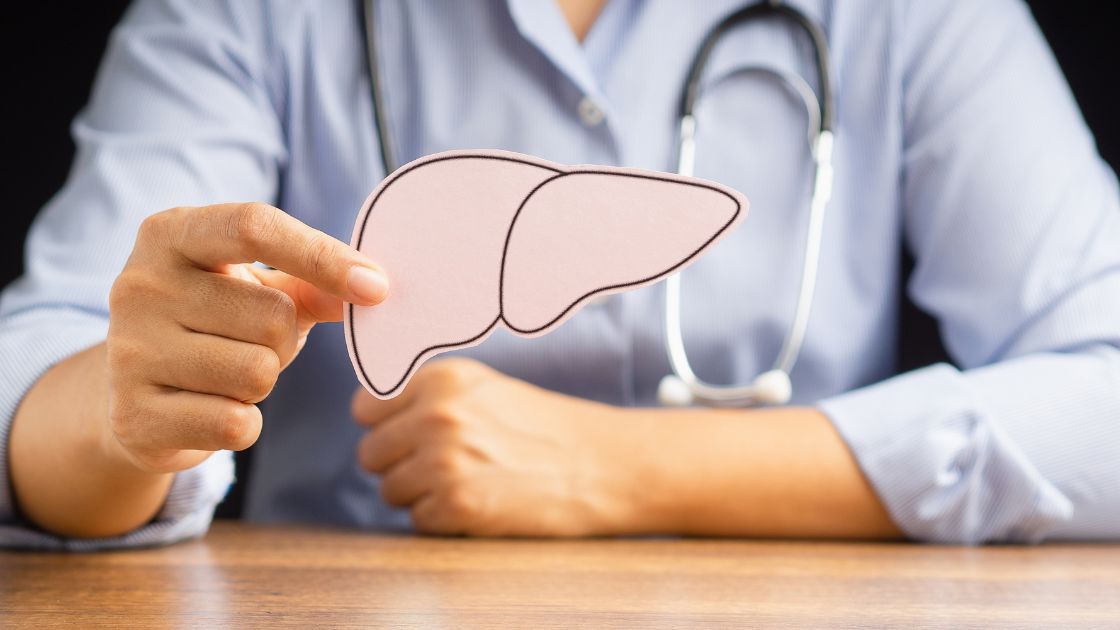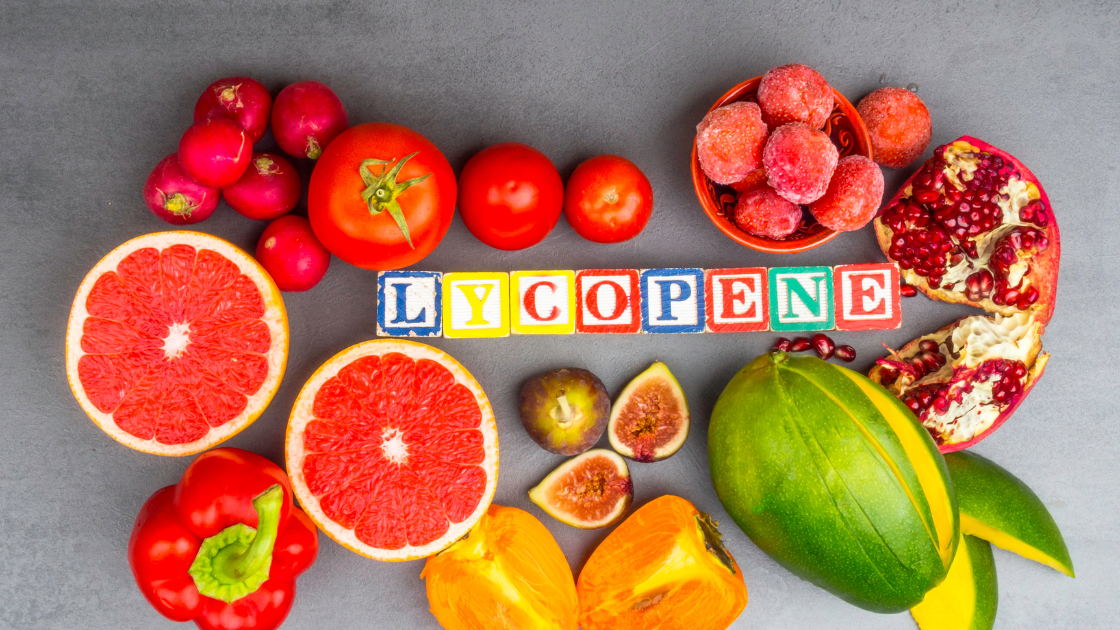FAQs on Silybin-Phosphatidylcholine Complex and its Benefits on Liver Health and Vitality
Our liver is an essential organ of our body which performs hundreds of functions including removal of toxins from the blood circulation, metabolism of food nutrients, and processing of medications. Our liver may be subjected to various forms of injuries caused by infections, toxins, and unhealthy lifestyle leading to liver diseases. A compound that has been well recognized to protect our liver from further injury is the silybin-phosphatidylcholine complex.
Get to know more about this widely used compound and how it can help support your liver health.
1. What is silybin-phosphatidylcholine?
Silybin-phosphatidylcholine is a complex of two widely known liver protectors, silybin and phosphatidylcholine. Silybin is the major component of Silymarin, an extract of the milk thistle (Silybum marianum) plant which has been used for thousands of years as remedy for various ailments including those of the liver.
Silybin is the most bioactive component of Silymarin. It is known to provide multiple health benefits particularly for the liver through its antioxidative, anti-inflammatory, regenerative, and protective biologic activities.
Phosphatidylcholine, a type of phospholipid that naturally makes up the body cells is essential for maintaining the cell covering or membranes. Phosphatidylcholine is also reported to improve cardiovascular and liver health. It lowers blood cholesterol and increases the levels of HDL (high density lipoproteins) or the so called “good cholesterol”.
2. What benefits do silybin and phosphatidylcholine provide to the liver?
Silybin is considered as the major constituent of silymarin, a plant extract recognized for its benefits to the liver. It was officially classified by the World Health Organization (WHO) in the 1970s as a drug with liver-protecting properties.
Studies on silybin have shown that it possesses antioxidative, anti-inflammatory, regenerative, and liver-protecting actions which may directly address the damaging processes involved in liver illnesses such as fatty liver.
Silybin is reported to have both protective and regenerative effects. Silybin as a powerful antioxidant reduces the harmful free radicals formed by toxins that damage the liver cell membrane. Silybin also supports the production of glutathione, the liver’s natural antioxidant. Silybin activates the liver’s metabolism to produce more proteins thus stimulating the liver’s regenerative ability and the formation of new liver cells.
Owing to these multiple actions in protecting the liver cells, silybin has been widely used as a support in the management of various liver conditions such as different forms of hepatitis, drug induced liver injury and fatty liver disease.
On the other hand, phosphatidylcholine may also serve as a building block for cell membranes that help repair injured liver cells aside from improving the absorption of silybin.
3. Why is silybin combined with phosphatidylcholine?
One major limitation of silybin is that it is poorly absorbed by the digestive tract when taken orally as silymarin alone. This is due to its large molecular size and its poor ability to mix with lipids that make up the membranes of the cells lining the absorptive layer of the small intestine.
However, by combining silybin with phosphatidycholine which is a principal component of cell membranes, a lipid-compatible complex is formed which significantly improves its absorption. This enhances the availability of silybin in the blood circulation by as much as 4.6 times.
The formation of the silybin-phosphatidylcholine complex allows the enhanced delivery of silybin’s protective benefits to the liver.
4. What are the clinical benefits of combining silybin with phosphatidylcholine?
The silybin-phosphatidylcholine complex provides a dual support for the liver through a combination of well-known liver-protecting agents.
The clinical benefit of silybin-phosphatidylcholine has been documented in a study on patients with non-alcoholic fatty liver disease. The patients who were treated with a formulation of silybin-phosphatidylcholine with vitamin E twice daily for 12 months showed significant improvements in the markers of liver injury such as serum liver enzymes, SGPT and SGOT, and liver biopsy, compared with placebo.
Ask your doctor about naturally derived liver-protecting agents like silybin-phosphatidylcholine and their benefits to your liver health.
References:
- Barzaghi N, Crema F, Gatti G, Pifferi G, Perucca E. Pharmacokinetic studies on IdB 1016, a silybin- phosphatidylcholine complex, in healthy human subjects. Eur J Drug Metab Pharmacokinet. 1990;15(4):333-338. doi:10.1007/BF03190223
- Loguercio C, Andreone P, Brisc C, et al. Silybin combined with phosphatidylcholine and vitamin E in patients with nonalcoholic fatty liver disease: a randomized controlled trial. Free Radic Biol Med. 2012;52(9):1658-1665. doi:10.1016/j.freeradbiomed.2012.02.008
- Silybin-phosphatidylcholine complex. Monograph. Altern Med Rev. 2009;14(4):385-390.



